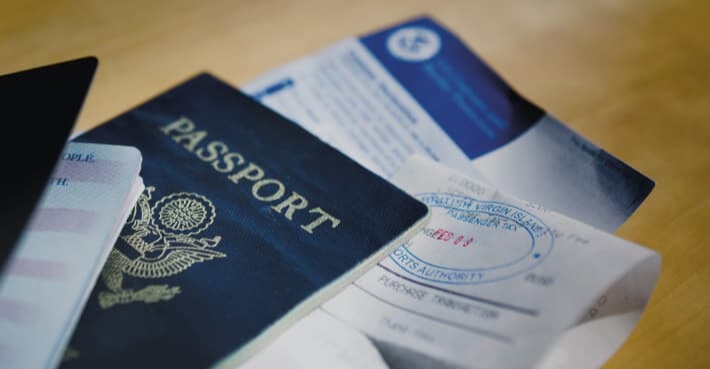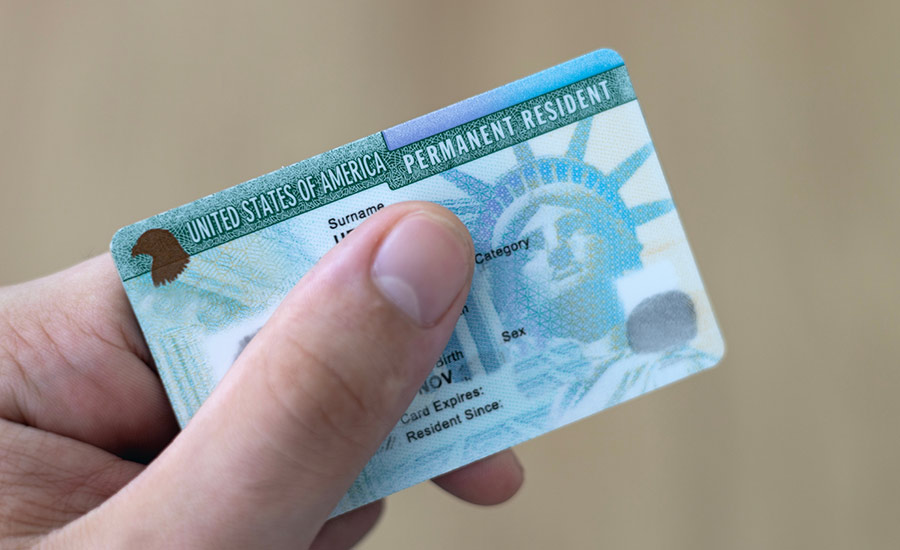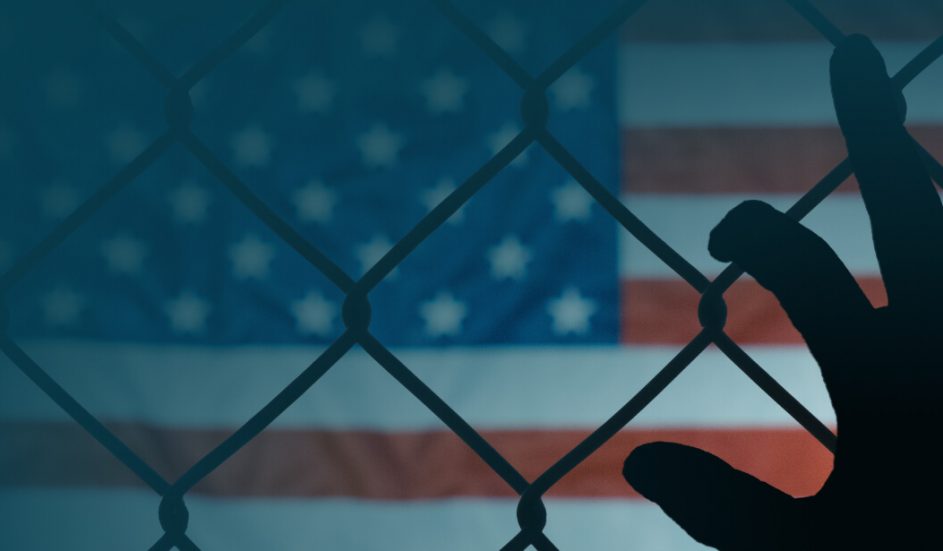

When entering or leaving the United States, international travelers may be surprised to learn that their electronic devices—including phones, laptops, and tablets—can be lawfully searched by U.S. Customs and Border Protection (CBP). These border searches of digital devices are legal and increasingly central to U.S. immigration enforcement.
Here’s what you need to know in 2025 — and how Spar & Bernstein can help protect your rights.
Source: U.S. Customs and Border Protection – Border Search of Electronic Devices (Dec. 12, 2024)
Why Does CBP Search Electronic Devices?
CBP uses border searches of electronic devices to enforce a broad spectrum of laws, including those addressing:
-
Terrorism
-
Child exploitation
-
Drug and human smuggling
-
Visa fraud
-
National security threats
-
Violations of the Immigration and Nationality Act
Under CBP’s longstanding border search authority, all persons and their belongings—regardless of citizenship—are subject to inspection at U.S. ports of entry. This includes data stored on personal electronic devices, even when there is no individualized suspicion.
What Happens During a Device Search?
CBP policy distinguishes between basic and advanced electronic device searches:
-
Basic Searches involve a manual review of the device’s content without connecting to external equipment.
-
Advanced Searches require a reasonable suspicion of a law violation or a national security concern and involve using external tools to copy and analyze device data.
In Fiscal Year 2024, CBP processed more than 420 million travelers. Of these, only 47,047 had their electronic devices searched—less than 0.01%. Of these searches:
-
90% were basic (manual only)
-
10% were advanced (data extraction)
Can CBP Retain or Share My Data?
Yes. If CBP determines that a device contains evidence of a law violation, relevant data can be retained for up to 15 years under the Automated Targeting System (ATS). This information may be shared with:
-
Federal, state, or local law enforcement
-
Intelligence agencies
-
Foreign governments (under legal agreements)
CBP’s policies are aligned with DHS privacy standards and include measures such as access controls, audit trails, and encryption requirements.
Do I Have to Unlock My Phone at the Border?
Travelers are expected to present electronic devices in a condition that allows inspection. Refusing to unlock a device may result in:
-
Device seizure
-
Secondary inspection delays
-
Impact on admissibility, especially for non-citizens
However, U.S. citizens cannot be denied entry solely for refusing to unlock a device, though their device may still be detained.
What Are My Rights During a Border Search?
While the Fourth Amendment protects against unreasonable searches, border searches are treated differently under U.S. law. You have limited privacy expectations when entering the country, but:
-
CBP must follow specific procedures under Directive 3340-049A.
-
Advanced searches require senior-level approval and documented justification.
-
You may request a CBP tear sheet outlining your rights.
-
You can seek legal redress if you feel your rights were violated.
How Spar & Bernstein Can Help You
At Spar & Bernstein, our immigration and civil liberties attorneys have decades of experience navigating complex border issues. We help:
-
International travelers protect their digital privacy
-
Foreign nationals respond to admissibility concerns
-
Clients challenge unlawful searches or device seizures
-
Resolve visa delays caused by electronic inspections
If your device was searched or seized at the U.S. border—or if you’re concerned about future travel—contact our legal team today.




